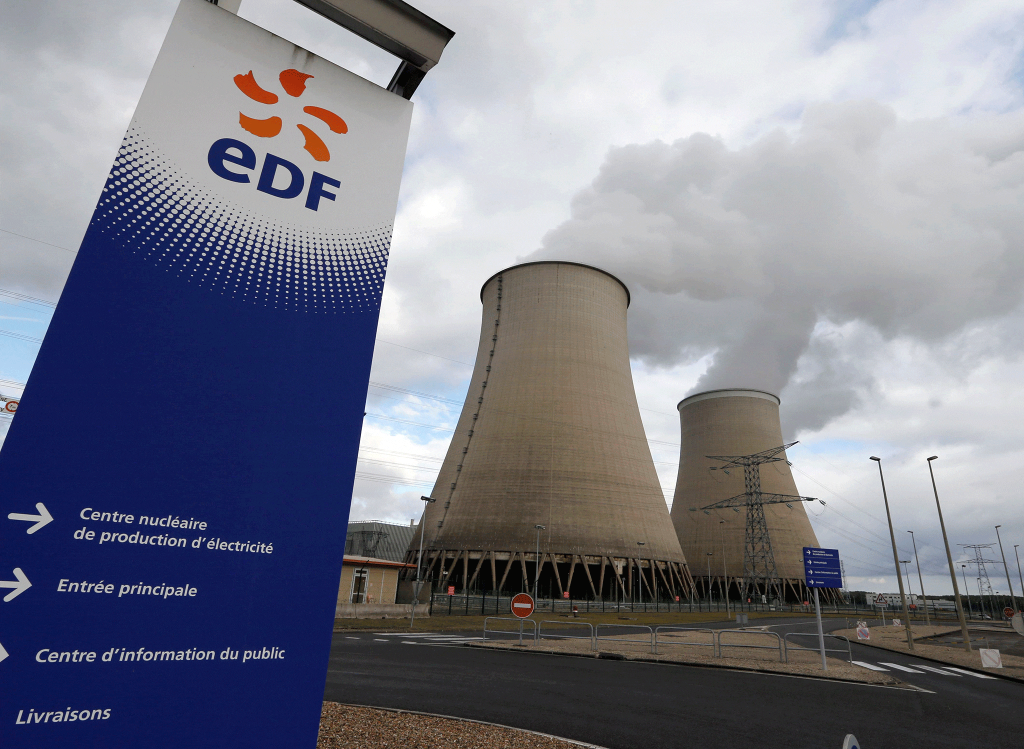Energy prices have always been a critical factor for small and medium-sized enterprises (SMEs), but recent fluctuations have pushed this issue into the spotlight. For SMEs in London and Kent, where operational costs are already higher than the national average, the impact of energy costs can be the difference between thriving and struggling. This article explores how energy prices are shaping the future of local businesses and offers insights into strategies to manage these challenges.
The Impact of Rising Energy Costs on SMEs

Energy-intensive sectors, such as manufacturing, hospitality, and retail, have been hit particularly hard by rising costs. Businesses across London and Kent report that higher energy bills are eating into their profit margins, forcing many to rethink pricing strategies or cut back on other operational expenses.
For example, a bakery in Kent may face increased costs for running ovens and refrigeration, while a high-street café in London could struggle to keep lights and heating on during extended hours. These challenges are especially pronounced for SMEs, which often lack the financial resilience of larger corporations.
Adapting to Fluctuations in Energy Prices

Img Source: EDF is Giving Customers £130 Free to Tackle January’s Price Cap Increase
Despite the challenges, many SMEs are finding innovative ways to adapt. Business owners are increasingly investing in energy-efficient equipment, such as LED lighting and energy-saving appliances, to reduce consumption. Others are turning to renewable energy solutions like solar panels to mitigate reliance on grid power.
Local councils in both London and Kent are also stepping up with initiatives to support SMEs. Grant schemes and low-interest loans are helping businesses fund energy-efficiency upgrades, offering a lifeline for those looking to reduce their operational costs in the long term.
The Role of Government and Policy

Government policy has played a significant role in shaping energy prices, and SMEs are closely watching for further developments. Subsidies and energy price caps introduced during the energy crisis provided temporary relief, but many businesses remain concerned about what happens as these measures are phased out.
Advocacy groups representing SMEs in London and Kent are calling for more targeted support, including tax incentives for adopting green energy solutions and clearer guidance on navigating energy contracts.
What Does the Future Hold?
While energy prices have eased from their recent peaks, uncertainty remains. Geopolitical tensions, supply chain disruptions, and evolving environmental policies continue to impact energy markets, leaving SMEs to navigate a volatile landscape.
For SMEs in London and Kent, the path forward lies in a combination of innovation, government support, and community collaboration. Those who embrace energy efficiency and sustainability not only stand to reduce costs but also position themselves as forward-thinking businesses that resonate with increasingly eco-conscious customers.
Take Action Today
If you’re an SME owner in London or Kent, now is the time to evaluate your energy strategy. Review your current energy usage, explore available grants and schemes, and consider investing in sustainable solutions that can safeguard your business against future energy price fluctuations.
By taking proactive steps, SMEs can turn the challenge of rising energy costs into an opportunity for growth and resilience.










